The Toronto Raptors are evaluating their esports options, SportTechie reports. Even though the NBA 2K eLeague, announced by the NBA and Take-Two Interactive in Feb. 2017, won’t debut until next year, the Raptors are fancying their chances already.
The Raptors are eager to become one of the eight to 12 teams the league will start with in 2018. Dave Hopkinson, chief commercial officer at Maple Leaf Sports and Entertainment, the Raptors’ parent company, told SportTechie that his company is “extraordinarily curious about the potential of esports.”
“This one [NBA 2K] is a natural place for us to begin,” Hopkinson said. “We don’t have any other forays into esports, although we have a working group internally evaluating it. We will be proceeding here on day one. That is certainly going to be the recommendation of management. We’re going to have to go through with the process but that’s our goal to be on the ground floor.”
Maple Leaf Sports and Entertainment is a Canada-based sports and real-estate company with professional sports league brands such as the NBA team Toronto Raptors, the MLS team Toronto FC, and the ice-hockey club Toronto Maple Leafs.
The Raptors don’t plan to field esports rosters in bigger titles like League of Legends or Dota 2, Hopkinson told SportTechie. The club joins the likes of the Dallas Mavericks, which is considering entering the 2K eLeague, and the Sacramento Kings, which have already announced their plans to join the league.
The club’s “aha” moment was the NA LCS finals last summer, which was hosted in the Air Canada Centre (home of the Raptors).
“It sold out in seconds, literally in seconds. We sold out faster than when we sell out a rock concert here,” Hopkinson said. “The reason why I’m so glad we had that championship here last August was it helped me turn other executives here into believers.”
Competitive NBA 2K is comparatively irrelevant in the wider esports industry, with no big tournaments or stadium events yet, and no sustainable career for its players, the game functions mainly as a door-opener. Just like competitive FIFA for European soccer clubs, NBA 2K is the most obvious choice for basketball clubs when it comes to approaching esports.
Hopefully, it doesn’t stay there. Sports simulation games aren’t—and probably never will be—at the heart of esports, simply because they will always face the question: Why shouldn’t I watch the real sport instead? If traditional sports clubs really want to commit, it’s the likes League of Legends, Counter-Strike: Global Offensive, Dota 2, and Overwatch they need to look into.
Either way, it’s great to see another established sports brand interested in the esports industry.



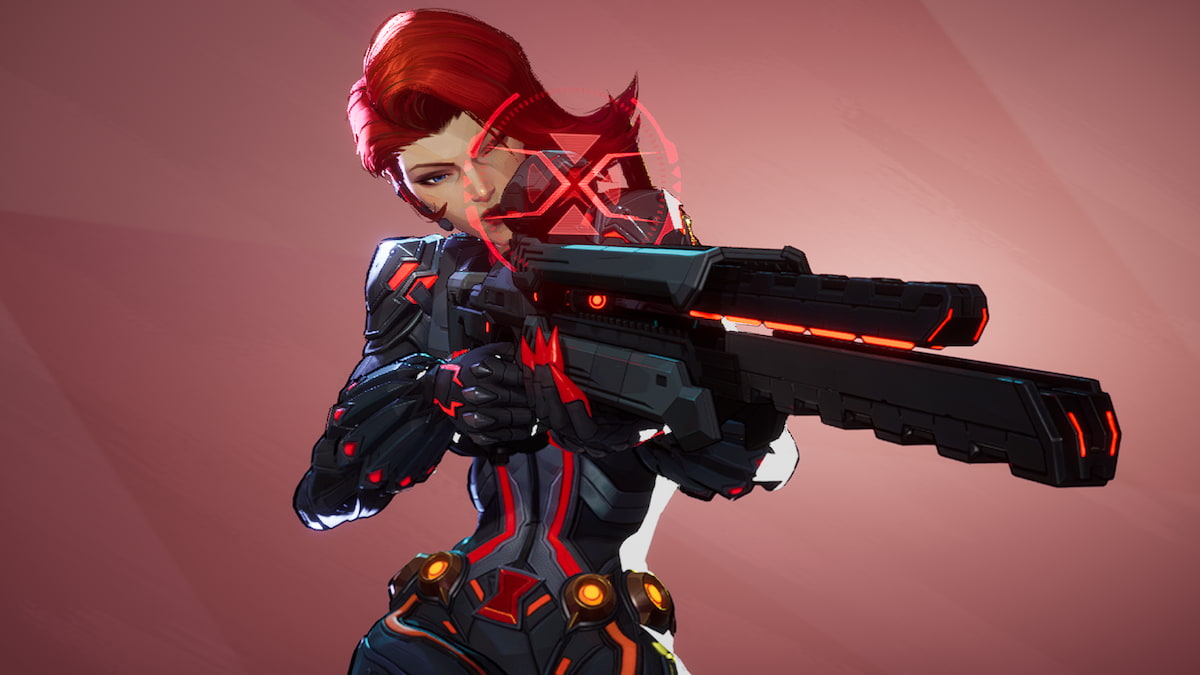
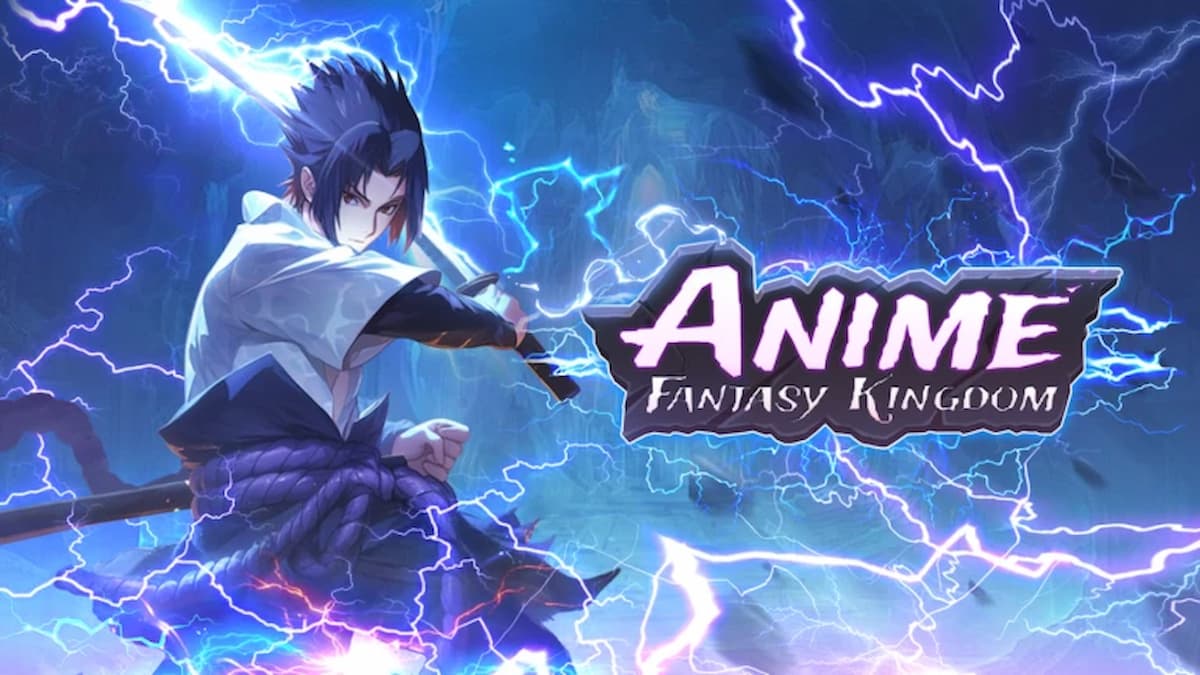
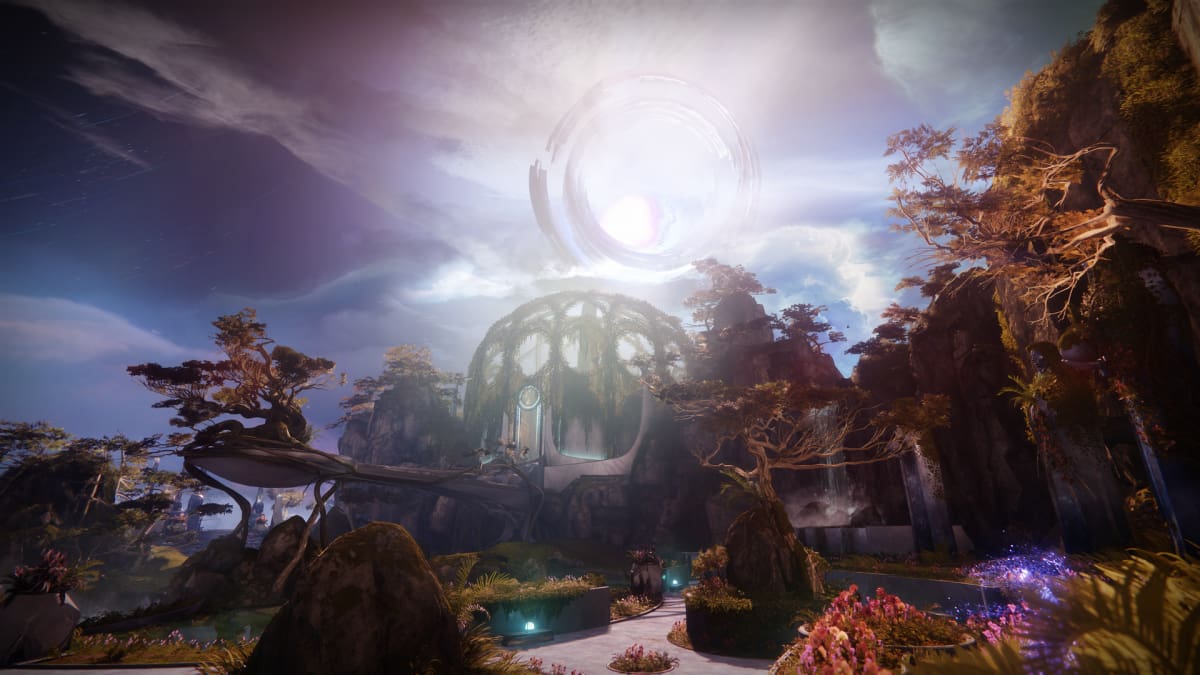
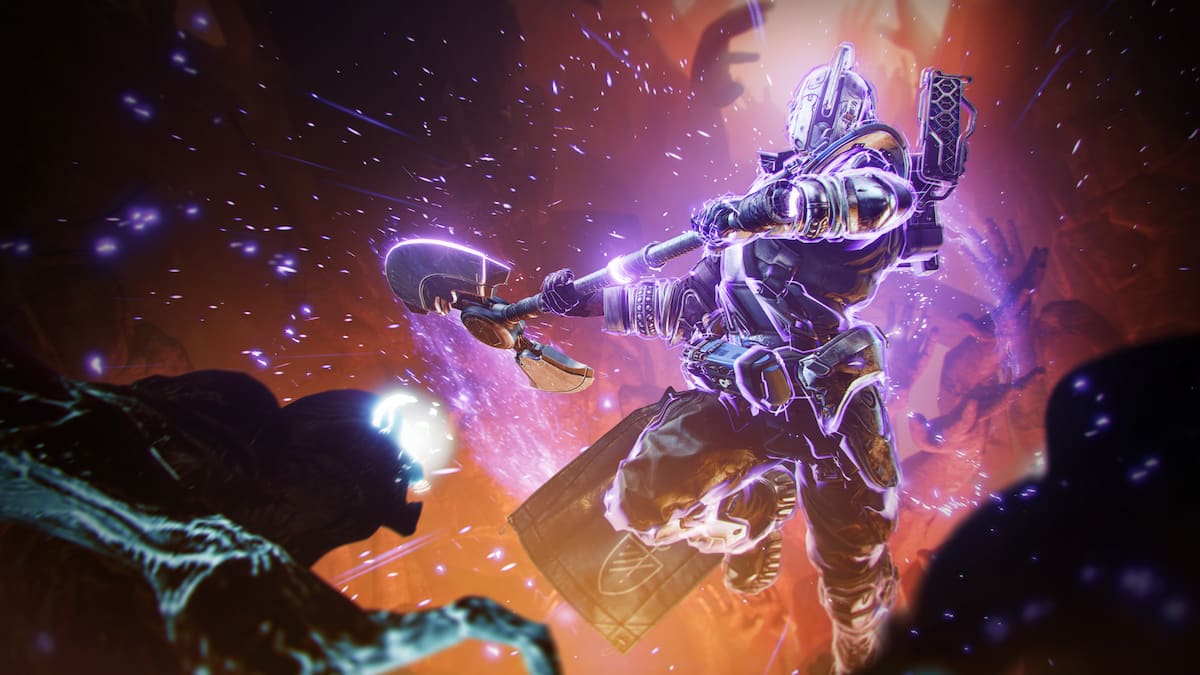

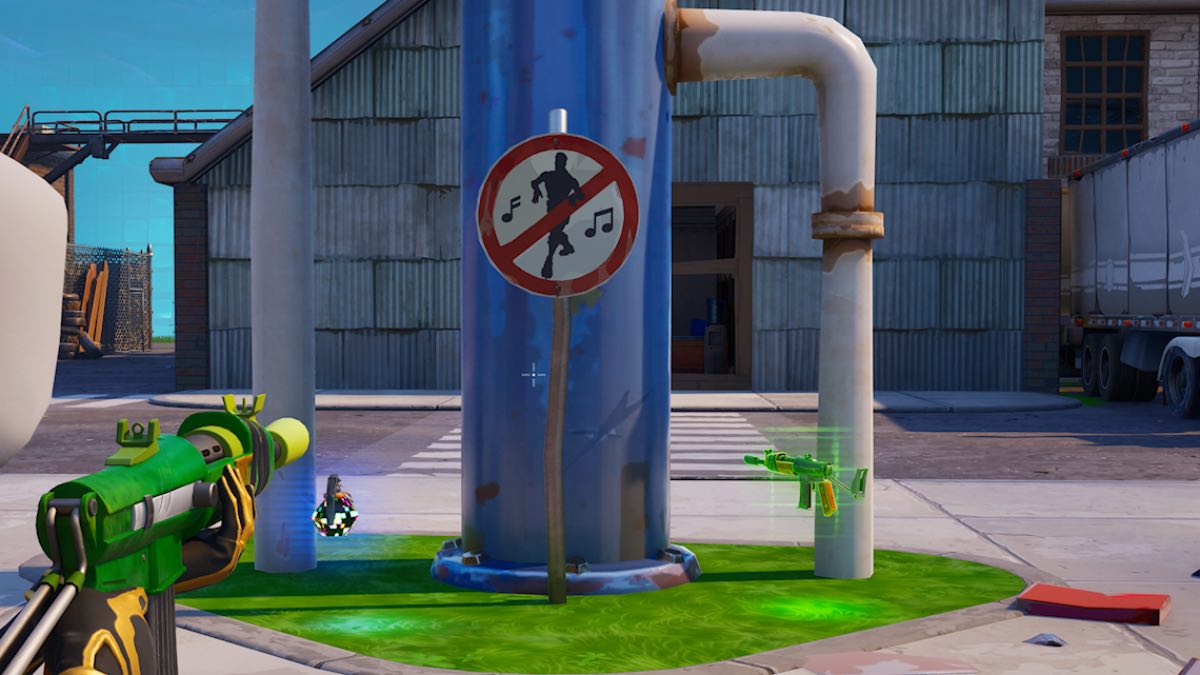


Published: Mar 21, 2017 10:58 am